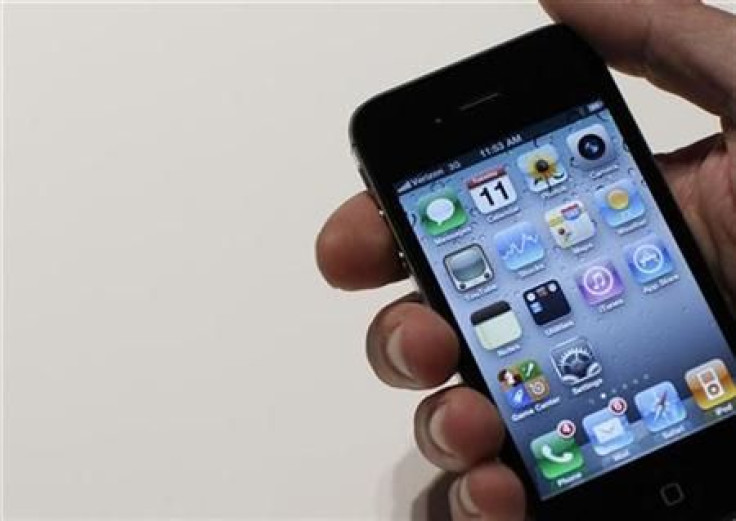Apple's App Store Still King, But Others Gaining Share

Subscriptions or not, a recent report said Apple's App Store is still far and away the mobile store market share leader, even with others gaining on it.
The report, from IHS Screen Digest research, says Apple's App Store generated $1.8 billion in revenue in 2010, which gave it 82.7 percent share of the total market. The next biggest revenue generator was BlackBerry's App World, which had 7.7 percent share and $165 million in revenue. Nokia's Ovi Store and Google's Android Marketplace were next in line with 4.9 percent and 4.7 percent respectively.
Apple's share actually fell 10 percent compared to last year, when it was 92.8 percent. In 2010, competitors managed to close the gap with Apple's iPhone in terms of providing smart phone products with compelling user interfaces, stated Jack Kent, analyst at IHS.
The biggest gainer was Google's Android Marketplace. The Marketplace's growth of 861.5 percent year-over-year was tops among the four app stores in the study. Despite this growth, Kent says, Apple is still far ahead of its competition; it will take years for anyone to get close to it.
Apple... has been able to maintain advantage by leveraging its tightly controlled ecosystem-combining compelling hardware and content with the capability to offer consumers a trusted, integrated and simple billing service via iTunes, he said.
According to the research, Apple is expected retain more than half of market revenue at least through 2014. The company will continue to benefit on the App Store's expansion into new products, such as the iPad, which was introduced in 2010.
Altogether, app store revenue is expected to rise another 81.5 percent in 2011 and hit $3.9 billion. This will be driven, IHS says, by the freemium business model, wherein a basic application is offered free of charge but fees are charged for premium features.
As application stores become more and more crowded, with hundreds of thousands of apps available on the leading stores, developers increasingly are opting to release their content for free. They do this in the hope that they can monetize their apps by offering additional content or functionality via in-app purchases and advertising, Kent said.
To contact the reporter responsible for this story call (646) 461 6920 or email g.perna@ibtimes.com
© Copyright IBTimes 2024. All rights reserved.











